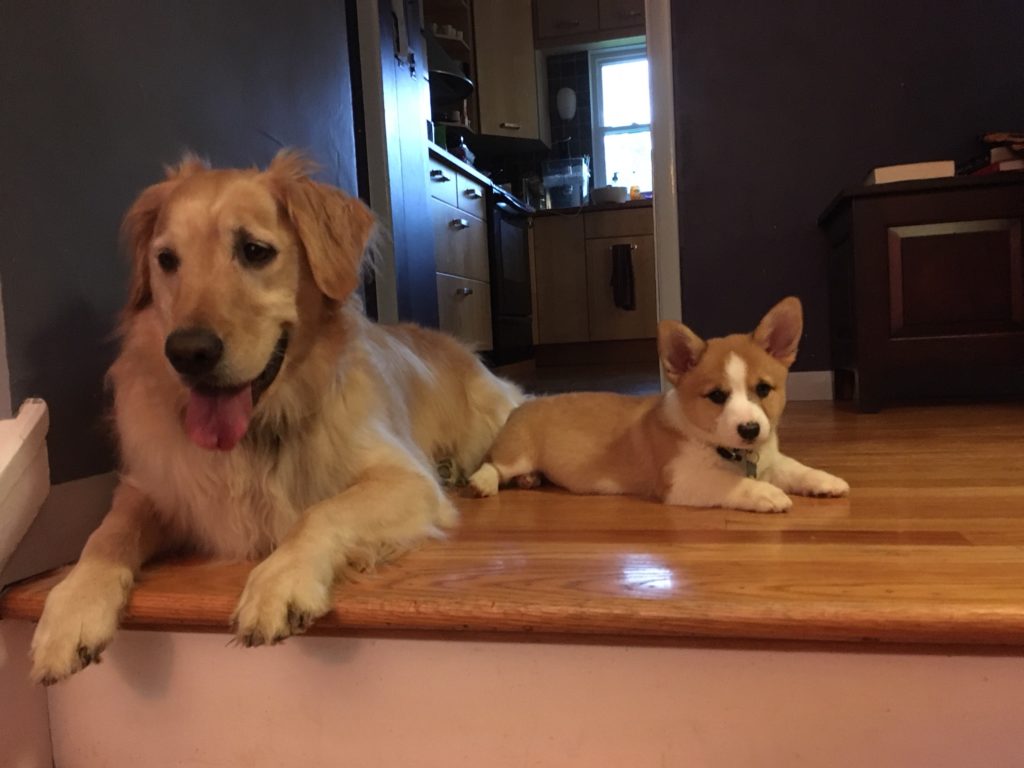 Sharing your work with readers is the ultimate goal for most writers, and one of the best ways to improve your writing is to share it with fellow writers through a critique group. We’ve been in a group for a very long time, so now we’re sharing our experiences with you in order to help you get the most out of your own group.
Sharing your work with readers is the ultimate goal for most writers, and one of the best ways to improve your writing is to share it with fellow writers through a critique group. We’ve been in a group for a very long time, so now we’re sharing our experiences with you in order to help you get the most out of your own group.
First things first: join a critique group. We feel that an in-person format is the best way to go. Check out the scene in your local library or indie bookstore. There might be established groups looking for members, or you might be able to start your own. You could also do a search for “online critique group” and learn about other options if the local scene isn’t panning out.
Now, a word of caution when processing the input that your critiquers provide: don’t try to please everybody. Gathering input is the whole purpose of going to the meetings, but that doesn’t mean all the input is valid. You’ll probably need to develop some filters to separate the signal from the noise.
One thing Kent and Jen always do is take their own notes during the meeting. This can be jotting down specific comments from the critiquers, but also often includes little signposts for later to help us remember how we felt about these ideas in the moment. There’s a huge difference between “punch up descriptions” and “do we really need to punch up descriptions?”
By the way, this is another area where working as a team gives us an unfair advantage. There are twice as many ears to take in the commentary, and we have each other to check in with when deciding which notes really require action.
You might be wondering why it’s so important to be in a group if you can’t take their feedback at face value anyway. One of the first things you want to do is check for patterns. Did more than one person have the same concern? That’s a sign that you do need to look into it. Just be alert for people chiming in who only “had the same problem” after someone else brought it up.
And as you get to know the other members it will become easier to filter, and hear between the lines. It’s not a binary thing, where each comment is either an obligation or something to disregard. Ask yourself, “why would Jack tell me to repeat this description?” If the details in question were mentioned in the previous block of pages that you sent through the group, and you feel it would be too repetitive, then trust your gut. People often have trouble recalling all the particulars from earlier sections, something that’s far less of a factor for real-world readers who will have the whole book all at once. But if Jack has a really sharp memory and he was also talking about deepening the mood, maybe his real point was that repeating a particular image resonates with the main character’s dilemma. Or something.
It’s your book. If you give the comments honest consideration, but you disagree that the changes are advisable, then don’t make changes. However, don’t argue about it in group. Smile and say, “sure, thanks,” or “I see, okay.” Then think it over later and decide for yourself.
A critique group is a vital way for you to grow as a writer.
![]() Science Novel passed another milestone this week, when we completed an editing pass through the whole manuscript. Yay, Team Skelley!
Science Novel passed another milestone this week, when we completed an editing pass through the whole manuscript. Yay, Team Skelley!
